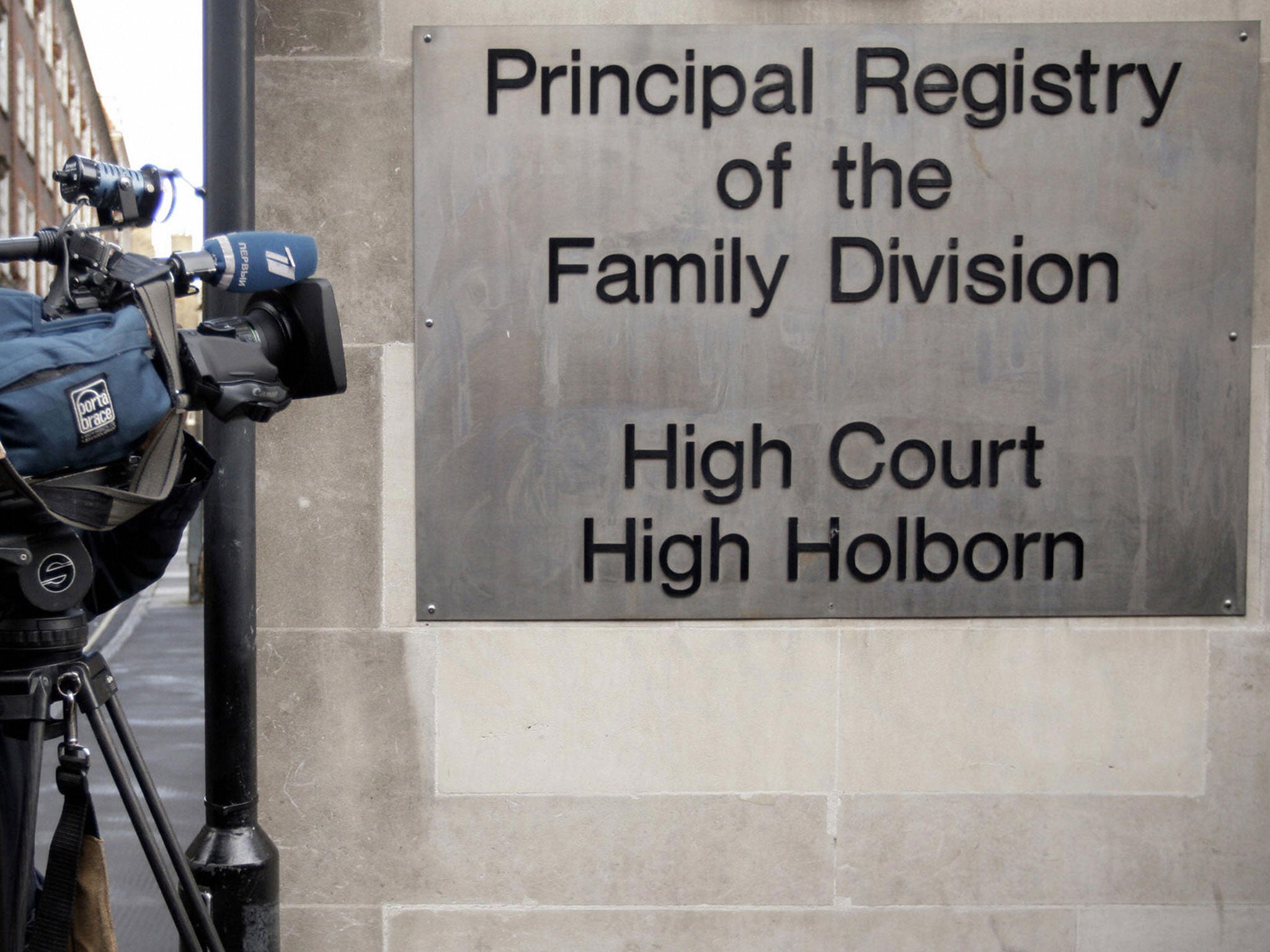Father who attacked partner will not receive information about his daughters unless they die, judge rules
'This is not a risk the court should take because it is not in the welfare best interests of the children,' Mr Justice Keehan said

A father who was sentenced to three-and-a-half-years in prison for a "serious sustained assault" on his former partner should be given no information about their two daughters unless one of them dies, a High Court judge has ruled.
Mr Justice Keehan said he took steps to protect the woman and the children after social workers deemed him a "high risk". The measure will prevent the convicted abuser from using access within the courts to assault the mother of his children.
"In my judgment this is not a risk the court should take because it is not in the welfare best interests of the children.” He said.
Details of the judgment was outlined in a written ruling published by Mr Keehan following a private hearing at London’s Family Court.
The judge heard that the woman was an extremely vulnerable victim of domestic abuse who had already obtained an "indefinite restraining order", intended at protect her and the children, both aged under six.
As well as spending time in jail for his crimes, the man has been barred from contacting the girls. No information should be passed on about them while they were alive, the court ruled.
“Accordingly, the information to be provided to the father about the girls is to be limited to the possible future event where, very sadly and tragically, one or other of them died." Mr Keehan said.
The children will now live with their mother and the court has ruled that their forenames and surnames can be changed.
Mr Keehan had considered permitting the man to be alerted in the event of a life-threatening illness or injury but decided against the move.
"However, I am persuaded given the extreme vulnerability of the mother, that were she to have to endure the awful event of one or both of the girls suffering a life-threatening illness or sustaining a life-threatening injury and that she then had to contemplate arranging for that information to be passed to the father, it would simply be too much for her and therefore, would have an adverse impact upon the well-being of the girls.” said Mr Keehan in his ruling.
Additional reporting from Press Association
Bookmark popover
Removed from bookmarks